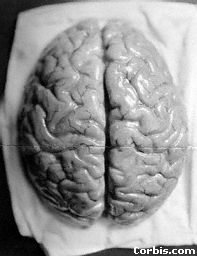| Obsessive Compulsive Disorder (OCD) |
| What is OCD? |
| What causes OCD? |
| Treatment |
| creative stuff i need a break other teen issues more about us links carry me home |
| what's going on in my head? |
| What is OCD? |
| Obsessive-Compulsive Disorder is an anxiety disorder. Obsessions are recurrent and persistent thoughts, impulses or images that cause marked anxiety or distress. A sufferer recognises the obsessions are the products of his or her mind, and tries to supress them with some other thought or action. Compulsions are repetitive behavious or mental acts a sufferer feels driven to perform in response to an obsession in order to reduce distress or prevent a dreaded event or situation. They are either completely inappropriate or clearly excessive, people with OCD know this yet they have little conrol over it. |
| Typical obsessions and compulsions |
| Typical obsessions and compulsions |
| Typical obsessions are; * Dirt * Germs and Contaminations * Fear of acting on violent or agressive thoughts * Feeling overly responsible for the safety of others, for example, unreasonable fear of having run someone over with a car * Blasphemous and sexual thoughts * Excessive concern with order, arrangement or symmetry * Inability to discard useless or worn out possessions Typical compulsions are excessive; *Handwashing *Cleaning *Checking and repetitive actions such as touching, counting, arranging and orderly or hoarding. Ritualistic behaviours lessen the chances of distress from obsessions but only short term comfort at the long term cost of frequent ritual repetition. |
| What causes OCD? |
| There are several theories about the cause of OCD. Current thinking is that the condition is related to low levels of the brain chemical serotonin. It appears OCD may run in some families for genetic reasons. Some specialists believe OCD may afflict people who set unrealistically high personal standards for themselves. |
| Treatment |
| Usually consists of behaviour therapy and/or medication. Behaviour therapy helps people reduce anxiety associated with obsession and reduce or eliminate compulsions. Sufferers are usually encouraged to face feared situations without resorting to compulsive rituals. Other techniques to address specific obsessions or compulsions are sometimes used. The most successful medications re the serotonergic anti-depressants. Other anti-depressant, anti-psychotic and anti-anxiety drugs are also used. |
 |
 |
 |